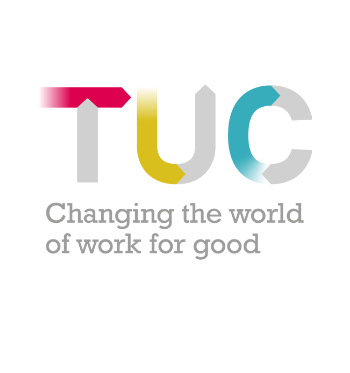
Short-time working scheme - a win for unions
Belatedly following countries like France and Germany, Chancellor of the Exchequer Rishi Sunak has unveiled a short-time working scheme that will top up the wages of workers whose firms can’t employ them on their full hours.
Mirroring the TUC’s proposals, the Job Support Scheme won’t be targeted at particular sectors, though large companies using it will have to show that their turnover has been hit.
The scheme, which will stay in place for six months from November, will help to reduce job losses and allow otherwise viable businesses hit by Covid-19 to stay open.
But it should be just the first step in a wider package of support that delivers job creation in the green economy and public sector, and a real social safety net.
And while the scheme will ensure workers receive 77 per cent of their full time wages, the TUC had pushed for better support, particularly for those on the lowest wages.
How many people are furloughed?
The current Job Retention Scheme, which gives workers on furlough 80 per cent of wages, closes at the end of October, having had the level of government support reduced.
Figures released today show that at the beginning of September 12 per cent of workers were still on furlough (either fully or partially).
This included four in ten arts and entertainment workers and three in ten of those working in accommodation and food.
This has prompted fears that large-scale job losses could be imminent, particularly after a recent tightening of restrictions. These included guidance for people to work from home if they can and stricter rules for pubs and restaurants.
What does the scheme offer?
To qualify for support, workers must undertake at least 33 per cent of their normal working hours.
For the hours they are not working, they will receive 33 per cent of their pay from the government and 33 per cent from their employer.
Payments will be calculated based on the worker’s usual salary, capped at £697.92 a month. This mirrors the salary cap within the current furlough scheme.
Large firms accessing the scheme will have to show that their turnover has been affected by the pandemic.
Employers using the scheme will also be prevented from making people redundant or paying dividends.
Unlike the TUC’s proposal, there is no obligation on employers to offer training opportunities to those on short hours.
To avoid wasting those unworked hours, ministers should work with unions and business to offer high-quality retraining so that workers are better prepared for future opportunities.
What about the self-employed?
An extended version of the Self Employment Income Support Scheme (SEISS) will pay affected people who continue to trade a lump sum worth 20 per cent of average monthly profits, up to a total of £1,875 to cover the three months to January.
This compares to 70% of average monthly trading profits paid out previously.
More action needed
Today’s announcement is a positive development.
But we need more to protect and create decent jobs.
A National Recovery Council should now be convened, bringing together government, business and unions.
We must use the winter months to plan for an economy that is centred on decent work, with fair rewards for key workers and good new jobs in green industry.
Stay Updated
Want to hear about our latest news and blogs?
Sign up now to get it straight to your inbox

